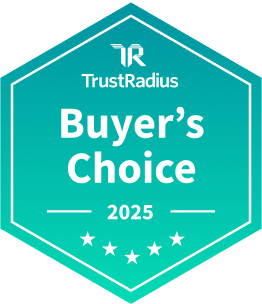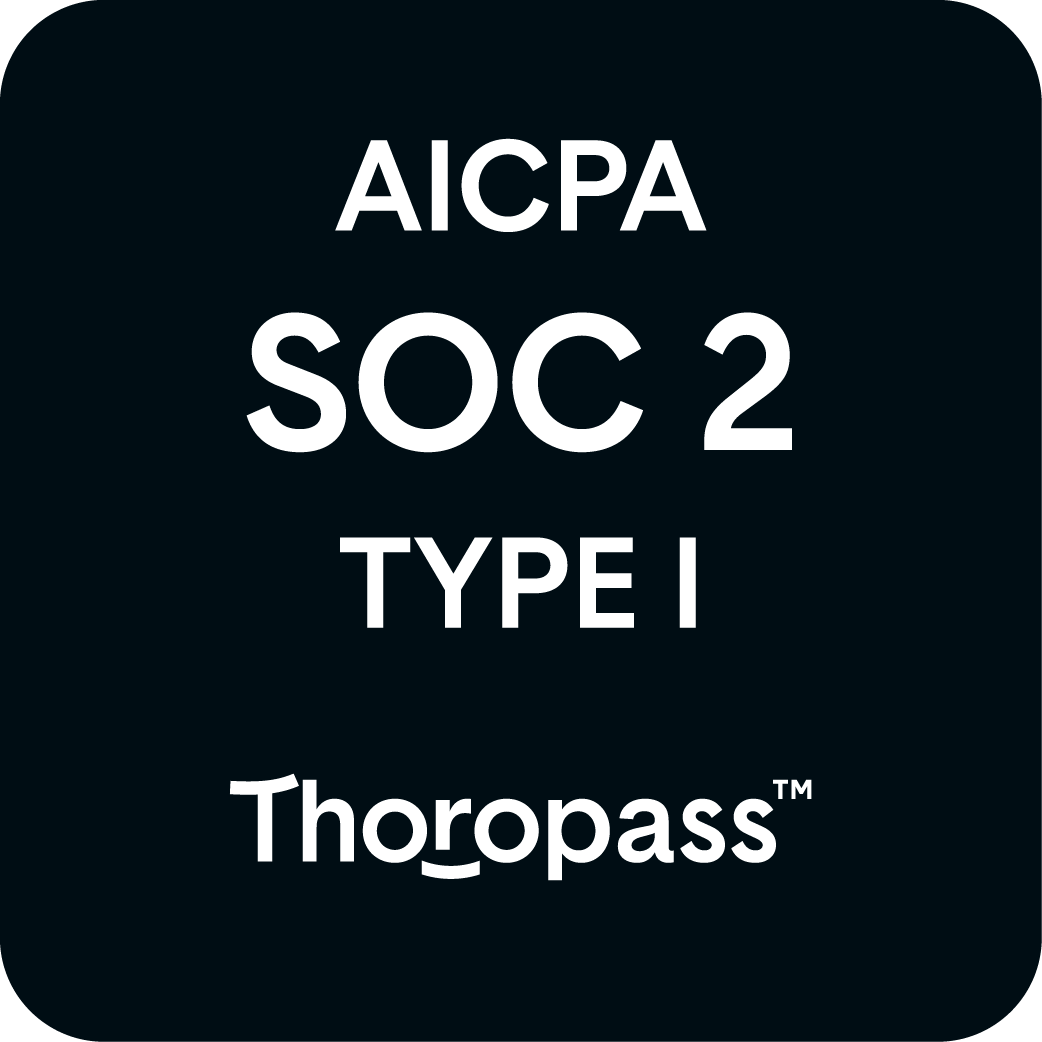US Accredited Investor: Find Out What Real Estate GPs (General Partners) Need to Know
As a GP (General Partner) in a real estate investment firm, you probably have your “go to” investors. From time to time, you need to expand your investor pool. When you add new investors, you must think about accreditation, specifically US accredited investors.
Note: Covercy’s investment management platform helps your unaccredited investors achieve accreditation, while also supporting you in tracking investor accreditation status, communication, and fundraising milestones. Sign up for a free demo today.
What is an accredited investor?
Accredited investors can be individuals or entities who meet certain financial criteria. They are allowed to participate in private securities offerings.
Several countries including the United States, Canada, United Kingdom, Australia, Singapore, Brazil, Israel, South Africa, and New Zealand have requirements for accredited investors. The requirements vary from country to country.
Here are some of the reasons why countries have accredited investor requirements:
- To protect investors from risky investments
- To ensure that investors have the financial resources to withstand losses
- To reduce the amount of fraud and misrepresentation in the investment market
The accredited investor requirement came about in the United States with the Securities Act of 1933.
To be a US accredited investor, you must meet one of the following criteria:
- Income: You must have an individual income of $200,000 or a joint income of $300,000 in each of the two most recent years, and you must reasonably expect the same income level in the current year.
- Net worth: Your net worth must be $1 million or more, excluding the value of your primary residence.
- Professional: You must be a licensed investment professional, such as a stockbroker or financial advisor.
Raising capital with US accredited investors has its advantages and knowing the ins and outs is a must.
US Accredited Investor Exemptions
Rule 501 of Regulation D of the Securities Act of 1933 provides exemptions from registration requirements for certain private securities offerings. These exemptions are available to companies that meet certain requirements, such as having a limited number of investors and selling the securities to US accredited investors.
Rule 501 has four different tests that a company must meet in order to qualify for an exemption from registration:
- The US Accredited Investor Test: The company must offer and sell its securities only to accredited investors. Accredited investors are individuals or entities that meet certain financial requirements, such as having a net worth of $1 million or more or an annual income of $200,000 or more.
- The Number of Purchasers Test: The company may only offer and sell its securities to a limited number of investors. The number of investors is limited to 35 non-accredited investors, plus an unlimited number of accredited investors.
- The Solicitation and Advertising Test: The company may not engage in general solicitation or advertising in connection with the offering. General solicitation or advertising is defined as any communication that is not made directly to a qualified investor.
- The State Law Requirements Test: The company must comply with all applicable state securities laws.
If a company meets all of the requirements of Rule 501, it may offer and sell its securities without registering them with the Securities and Exchange Commission (SEC). However, even if a company qualifies for an exemption from registration, it is still required to provide certain disclosures to investors. These disclosures must be made in a private placement memorandum (PPM).
The PPM is a legal document that provides detailed information about the company, the offering, and the risks involved. The PPM must be provided to all investors before they invest in the company.
By following the requirements of Rule 501, companies can offer and sell their securities without registering them with the SEC. This can save companies time and money, and it can also allow them to raise capital more quickly.
Here are some of the benefits of using Rule 501:
- Speed: Companies can raise capital more quickly by using Rule 501 because they do not have to go through the registration process with the SEC.
- Cost: Companies can save money by using Rule 501 because they do not have to pay the registration fees associated with registering with the SEC.
- Flexibility: Companies have more flexibility in how they structure their offerings when they use Rule 501.
However, there are also some risks associated with using Rule 501:
- Limited number of investors: Companies can only sell their securities to a limited number of investors when they use Rule 501. This can make it difficult to raise the amount of capital that a company needs.
- No public information: The information about the company and the offering is not made public when a company uses Rule 501. This can make it difficult for investors to assess the risks and potential rewards of the investment.
- No government oversight: The SEC does not oversee private securities offerings that are made under Rule 501. This means that there is no government agency to protect investors from fraud.
Overall, Rule 501 can be a valuable tool for companies that are looking to raise capital. However, it is important to understand the risks and benefits of using Rule 501 before making a decision.
International (outside of the US) Investors
Another thought to consider: should you take investors from outside of the United States? Non-US investors do not need to be accredited to invest in the US, but they must use a US bank account and complete either a W-8BEN or W-8BEN-E form.
US Accredited investors in Commercial Real Estate
There are some unique considerations for finding accredited investors as a GP in commercial real estate compared to other types of investments. Here are a few key points to consider:
- Regulation D Requirements: When raising capital for a commercial real estate project, you will likely rely on Regulation D exemptions, particularly Rule 506(b) or Rule 506(c), which allow for the offering of securities to accredited investors. It is important to ensure that you comply with the specific requirements of these exemptions to avoid legal issues.
- Knowledge and Experience: Commercial real estate investments typically require a higher level of knowledge and experience compared to other investment types. Accredited investors are often more familiar with the complexities and risks associated with this asset class. Therefore, it may be essential to target investors who have a background or interest in commercial real estate to attract those who understand and appreciate the unique aspects of these investments.
- Networking and Relationships: Building a strong network and cultivating relationships within the commercial real estate industry can be crucial for finding accredited investors. Attending industry conferences, joining real estate associations, participating in networking events, and connecting with professionals in related fields (e.g., real estate brokers, attorneys, and financial advisors) can help you expand your reach and gain access to potential investors.
- Deal Sourcing and Due Diligence: Accredited investors often have access to a wide range of investment opportunities. To attract them, you need to demonstrate a track record of successful deal sourcing, thorough due diligence processes, and the ability to identify profitable investment opportunities. Developing a strong reputation in the commercial real estate market can significantly enhance your credibility among potential investors.
- Investor Education and Communication: While all investments require clear and transparent communication, commercial real estate investments often involve more complex financial structures, legal documents, and operational considerations. As a GP, it is important to educate your potential investors about the intricacies of commercial real estate investing, potential risks, expected returns, and any other relevant information. Providing regular updates and maintaining open lines of communication can help build trust and confidence with your accredited investors.
When you do grow your investor pool through accredited investors, you will want to keep track which investors are accredited and what date you last verified their accreditation.
On the Covercy Investment Management Platform, you can color code your accredited investors and keep track of important dates. You can learn how accreditation works on the platform through this article.
As a GP, you have so much to organize and keep track of. Let a tool like Covercy take some of the work off of your plate.






